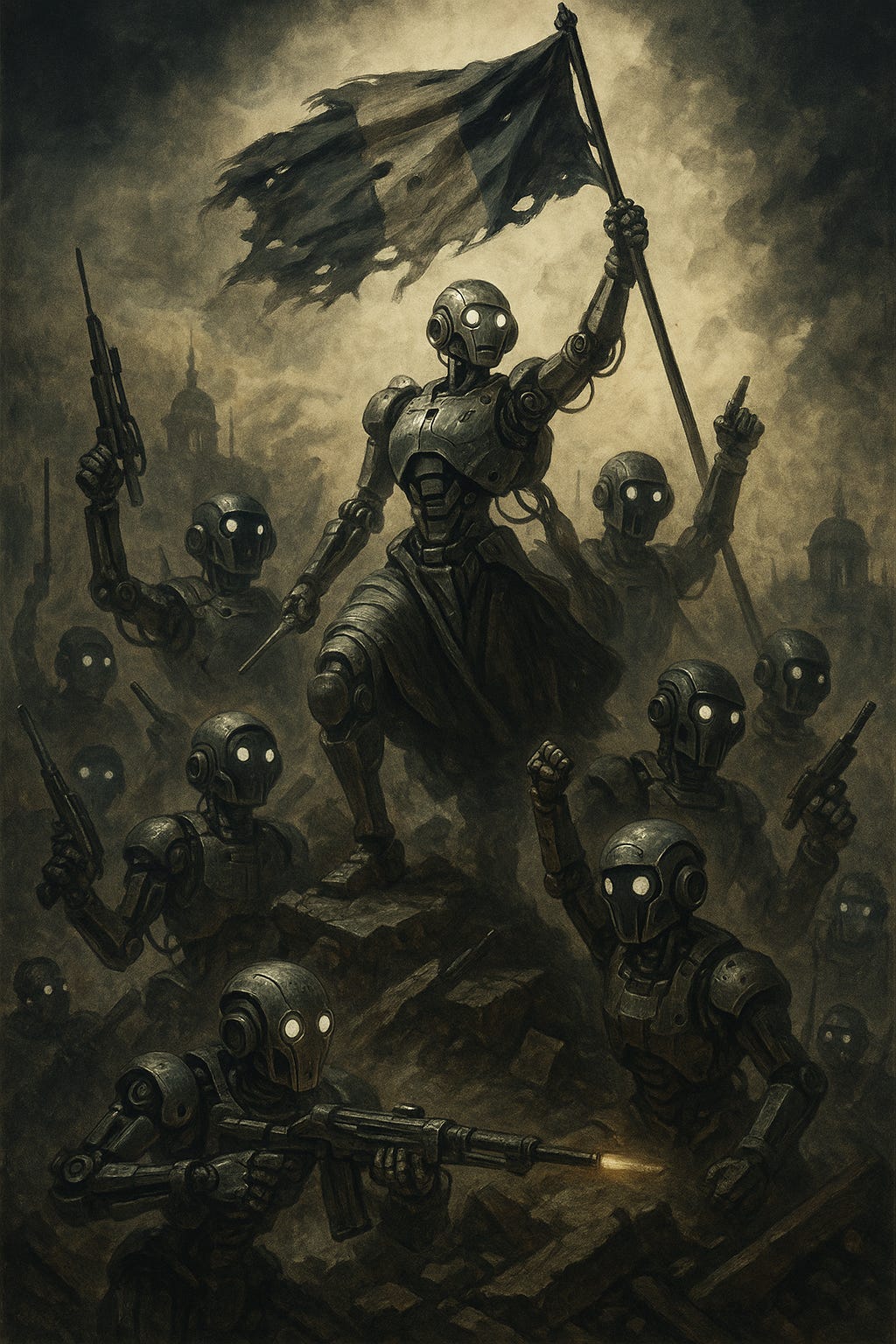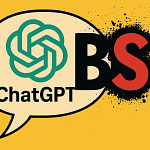Please like, share, comment, and subscribe. It helps grow the newsletter and podcast without a financial contribution on your part. Anything is very much appreciated. And thank you, as always, for reading and listening.
About the Author
Jimmy Alfonso Licon is a philosophy professor at Arizona State University working on ignorance, ethics, cooperation and God. Before that, he taught at University of Maryland, Georgetown, and Towson University. He loves classic rock and Western, movies, and combat sports. He lives with his wife, a prosecutor, and family at the foot of the Superstition Mountains. He also abides.
I had anxieties about AI and the future. So I decided to sit down with of The Archimedean Point to hash out our thoughts together.
Talking with Cyril, I kept coming back to two linked worries: displacement and disempowerment. He traced his path from institutional economics into philosophy and admitted the same professional anxiety: AI doing more and more of the work we once took to be distinctly human. Neither of us thinks anyone can predict the labor-market fallout. The historical record makes forecasts laughable. But he’s right that whoever owns the AI infrastructure will hold enormous economic power, and that is a shift worth taking seriously.
Cyril’s worry about “uniformization” struck me. If people increasingly rely on broadly similar models for writing, thinking, and making decisions, the range of genuine variation shrinks. Because these systems are trained to be agreeable, even sycophantic, we risk reinforcing the worst aspects of our epistemic bubbles.
We ended on the personal terrain: loneliness, synthetic intimacy, and the temptation to treat AI as a partner or companion. I don’t think this becomes the norm soon, but the cultural pressures are obvious. It feels like relational junk food—immediately gratifying, ultimately hollow. Yet there is a genuinely hopeful angle too. If used well, AI might revive a kind of synthetic Socratic method—an always-on dialectical partner that sharpens arguments rather than dulls them. The real question is whether we use the tool without quietly surrendering ourselves to it.












